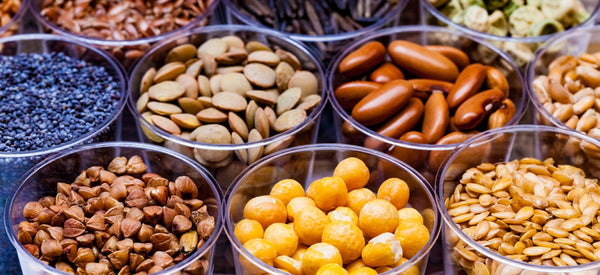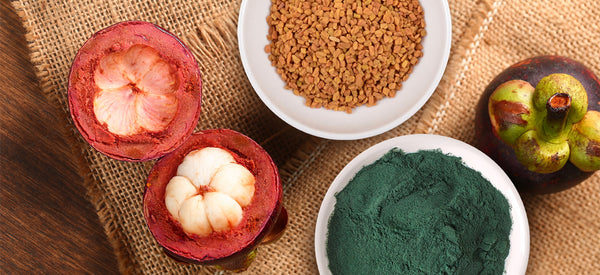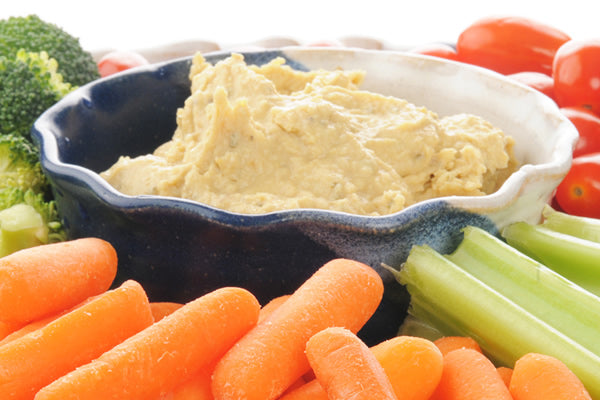


Whether you’re a parent or grandparent who’s concerned about infant safety or simply someone who prefers to reduce their exposure to harmful chemicals, you may have heard a thing or two about BPAs. Learn what BPAs are, what makes these chemicals hazardous to your health, and how to be BPA-free.
You may have seen “BPA-free” or something similar on Tupperware containers and other food storage containers while out shopping. BPA stands for bisphenol A. It refers to an industrial chemical that has been used in the manufacturing of polycarbonate plastics and epoxy resins (which many be used to line cans) since the 60s. BPAs are typically found in food and beverage packaging materials and storage containers, such as water and infant bottles.
Researchers are concerned that BPAs from these containers may migrate or, seep, into the food or beverages that have direct contact with them. Exposure may lead to dangerous effects to the brains, prostate glands, and behavior of fetuses, infants and children. There is also seems to be a link between BPA exposure and increases in blood pressure, which means these chemicals may affect cardiovascular health.
For the most part, the Food and Drug Administration (FDA) has changed its regulations on BPA-based materials used by infants, such as bottle, sippy cups, and linings for infant formula cans. The use of such materials is no longer acceptable in these items, which means that infants are at reduced risk of being exposed to BPAs.
However, other items that store food and beverages may still contain BPAs. It may be impossible to completely prevent any exposure to BPAs. Currently, the FDA characterizes very low exposure of BPAs that may migrate into food as safe. Still, you can reduce you and your family’s exposure to these chemicals by doing the following:
 BEAUTY
BEAUTY
 NUTRITION
NUTRITION
 RECIPES: VEGAN OTHERS
RECIPES: VEGAN OTHERS
Sign up today to receive weekly Beauty, Nutrition and Lifestyle tips, exclusive offers, and 10% off your first purchase.
Our beauty and wellness brand offers support, services and products to help you become WELL WITHIN your skin, mind and body.
Sign up today and receive your special Friends and Family 20% off your first purchase, valid until May 31, 2017.
Stay Ever Well,
Lynne + Renee
Co-founders
Thank you for signing up today to receive weekly Beauty, Nutrition and Lifestyle tips, exclusive offers and your special Friends and Family 20% off your first purchase, valid until May 31, 2017.
Stay Ever Well,
Lynne + Renee
Sign up today to receive weekly Beauty, Nutrition and Lifestyle tips, exclusive offers, and 10% off your first purchase.
Leave a comment
Comments will be reviewed prior to posting.